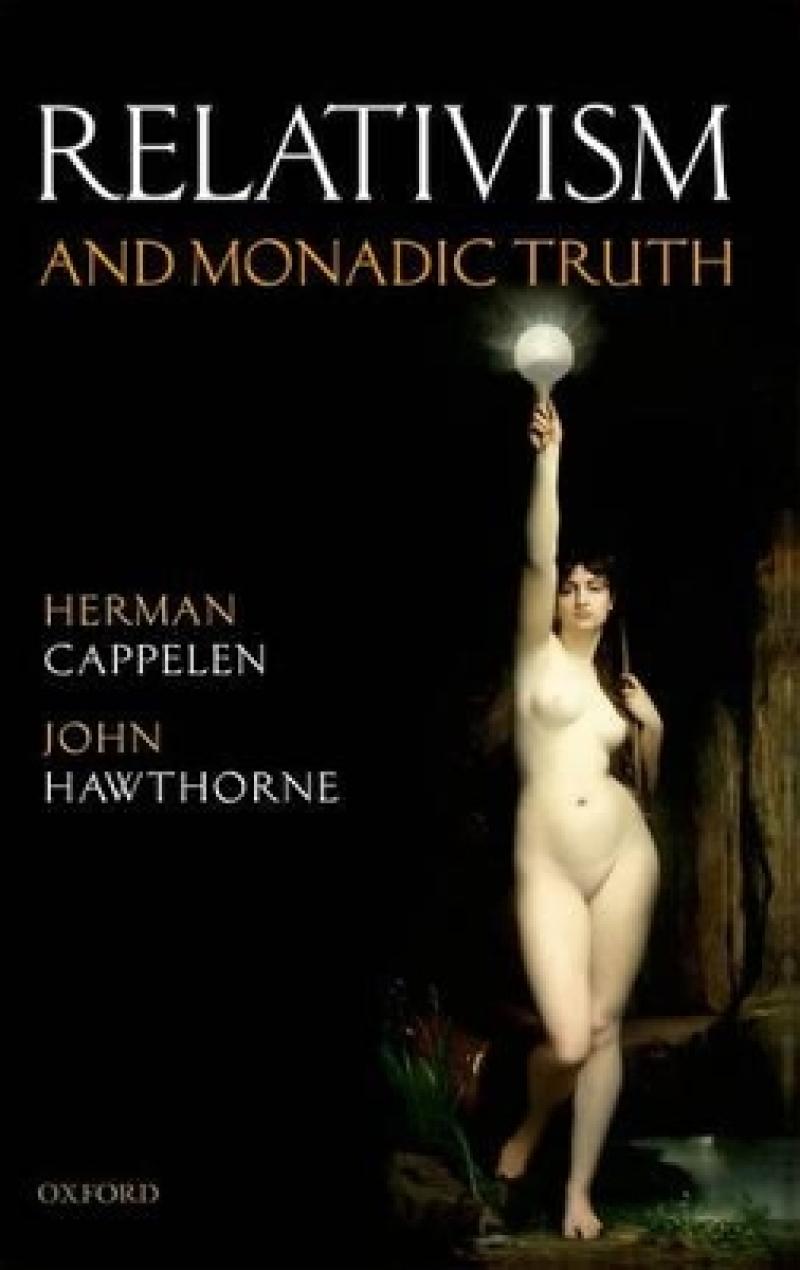Relativism has dominated many intellectual circles, past and present, but the twentieth century saw it banished to the fringes of mainstream analytic philosophy. Of late, however, it is making something of a comeback within that loosely configured tradition, a comeback that attempts to capitalize on some important ideas in foundational semantics. Relativism and Monadic Truth aims not merely to combat analytic relativism but also to combat the foundational ideas in semantics that led to its revival. Doing so requires a proper understanding of the significance of possible worlds semantics, an examination of the relation between truth and the flow of time, an account of putatively relevant data from attitude and speech act reporting, and a careful treatment of various operators. Throughout, Herman Cappelen and John Hawthorne contrast relativism with a view according to which the contents of thought and talk are propositions that instantiate the fundamental monadic properties of truth simpliciter and falsity simpliciter. Such propositions, they argue, are the semantic values of sentences (relative to context), the objects of illocutionary acts, and, unsurprisingly, the objects of propositional attitudes.
Les mer
Cappelen and Hawthorne present a powerful critique of fashionable relativist accounts of truth, and the foundational ideas in semantics on which the new relativism draws. They argue compellingly that the contents of thought and talk are propositions that instantiate the fundamental monadic properties of truth and falsity.
Les mer
1. Overview: Simplicity, Possible Worlds Semantics and Relativism ; 2. Diagnostics for Shared Content: From 'Say' to 'Agree' ; 3. Operators, the Anaphoric 'That' and Temporally Neutral Propositions ; 4. Predicates of Personal Taste ; Bibliography
Les mer
A hot topic in philosophy
Written by two of today's leading young philosophers
Herman Cappelen has written numerous papers in philosophy of language and two previous books, Insensitive Semantics (Blackwell 2004) and Language Turned on Itself (OUP 2007) (both with Ernie Lepore). He is currently a Professor at the Arché Philosophical Research Centre and the University of St. Andrews and research director at CSMN at the University of Oslo. Previously he has held positions at Oxford University and Somerville College, the
University of Oslo, and Vassar College.
; John Hawthorne is Waynflete Professor of Metaphysical Philosophy at the University of Oxford, having previously been Professor of Philosophy at Rutgers, the State University of New Jersey. His books include Knowledge and Lotteries (OUP 2003) and Metaphysical Essays (OUP 2006).
Les mer
A hot topic in philosophy
Written by two of today's leading young philosophers
Produktdetaljer
ISBN
9780199592487
Publisert
2010
Utgiver
Vendor
Oxford University Press
Vekt
206 gr
Høyde
216 mm
Bredde
141 mm
Dybde
10 mm
Aldersnivå
UP, 05
Språk
Product language
Engelsk
Format
Product format
Heftet
Antall sider
158
